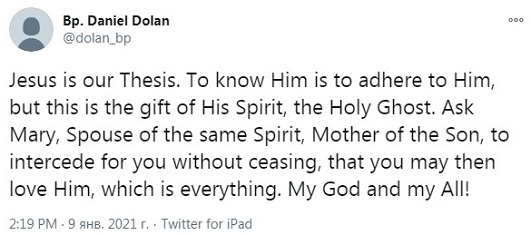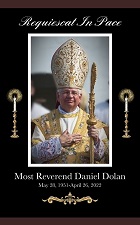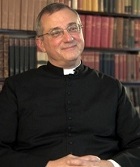Comments on the “Material Pope Thesis”
Second Part.
(The article begins in the “Comments on the Material Pope Thesis. First Part.”)
Conclusion:
I have not found in the sources available to me the Church’s teaching on the election of a public heretic (who incurred excommunication ipso facto) to an office of the “material pope”.
Also, I have not been able to find a “rite of transformation” of a heretical "material pope" into a "formal pope" after many years of his “reign” as a "material pope".
Also, I have not been able to find the Catholic teaching that a heretical "material pope" has the power to appoint cardinals.
Therefore, the "material pope" thesis is nothing more than a meditation about solving a theological problem by means of a very questionable method.
To summarize briefly, one could say that:
- Since Divine Law prevents a public heretic from being validly elected, the “Material Pope Thesis” is therefore false and useless;
- Catholics have no obligation to try to change things that do not depend on them; however Catholics are ever obliged to do things that depend on them, in particular:
- To lead a good Christian life in accordance with ones state of life;
- To pray constantly, to do penance, and to receive Holy Sacraments, if they have access to them;
- If it is not possible to receive Holy Sacraments, then prayers and daily perfect contrition is usual Catholic practice for such a case;
- Daily Spiritual Communion is great consolation as well;
- Evil must not be done that good may come of it. This is the teaching of Holy Scripture and of the Catholic Church.
Fr. V
Also, His Excellency, Bp. Daniel Dolan says:

"Jesus is our Thesis. To know Him is to adhere to Him, but this is the gift of His Spirit, the Holy Ghost. Ask Mary, Spouse of the same Spirit, Mother of the Son, to intercede for you without ceasing, that you may then love Him, which is everything. My God and my All!"
2:19 PM, Jan 9, 2021, Twitter for iPad
|


